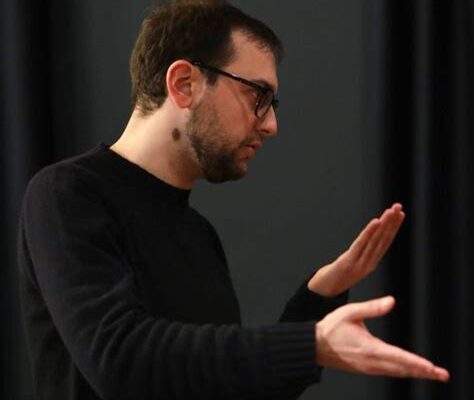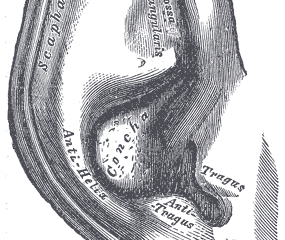Art does not only reflect the beautiful and bright sides of life but also the uncanny, the dark and painful. In his book «The compulsion of happines», philosopher Byung-Chul Han has criticised that contemporary western societies try to erase pain and suffering and he shows which political and psychological motivations lie behind this compulsory happiness.
Italian composer and researcher Claudio Panariello takes inspiration from Han’s writings for his musical compositions. He uses live-electronic systems that create unstable, eerie, uncontrollable behaviours and sounds, and he confronts and combines them with acoustic instrumental groups. The result is a music that is as emotional as it is sophisticated.
Today’s society is no longer Foucault’s disciplinary world of hospitals, madhouses, prisons, barracks, and factories. It has long been replaced by another regime, namely a society of fitness studios, office towers, banks, airports, shopping malls, and genetic laboratories. Twenty-first-century society is no longer a disciplinary society, but rather an achievement society [Leistungsgesellschaft]. Also, its inhabitants are no longer “obedience-subjects” but “achievement-subjects.” They are entrepreneurs of themselves.
The complaint of the depressive individual, “Nothing is possible,” can only occur in a society that thinks, “Nothing is impossible.” No-longer-being-able-to-be-able leads to destructive self-reproach and auto-aggression. The achievement-subject finds itself fighting with itself. The depressive has been wounded by internalized war. Depression is the sickness of a society that suffers from excessive positivity. It reflects a humanity waging war on itself.
(Byung-Chul Han)
More on Claudio Panariello:
https://soundcloud.com/claudiopanariello


















